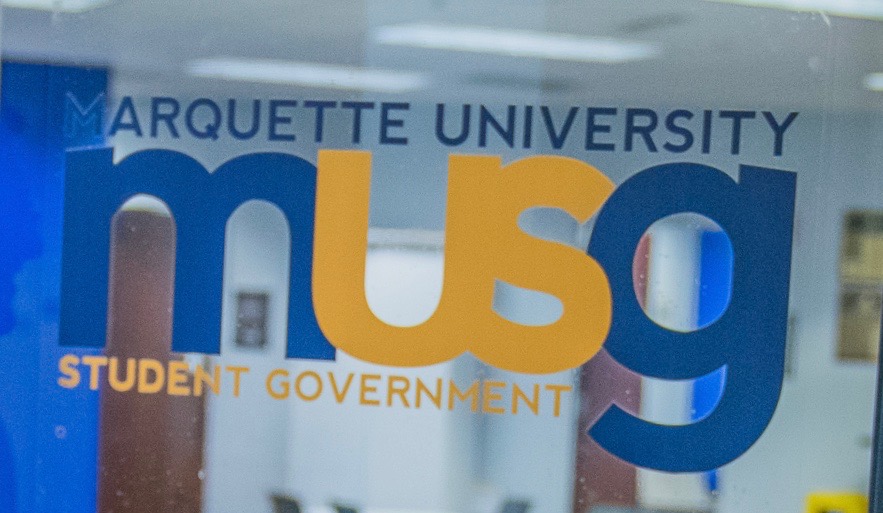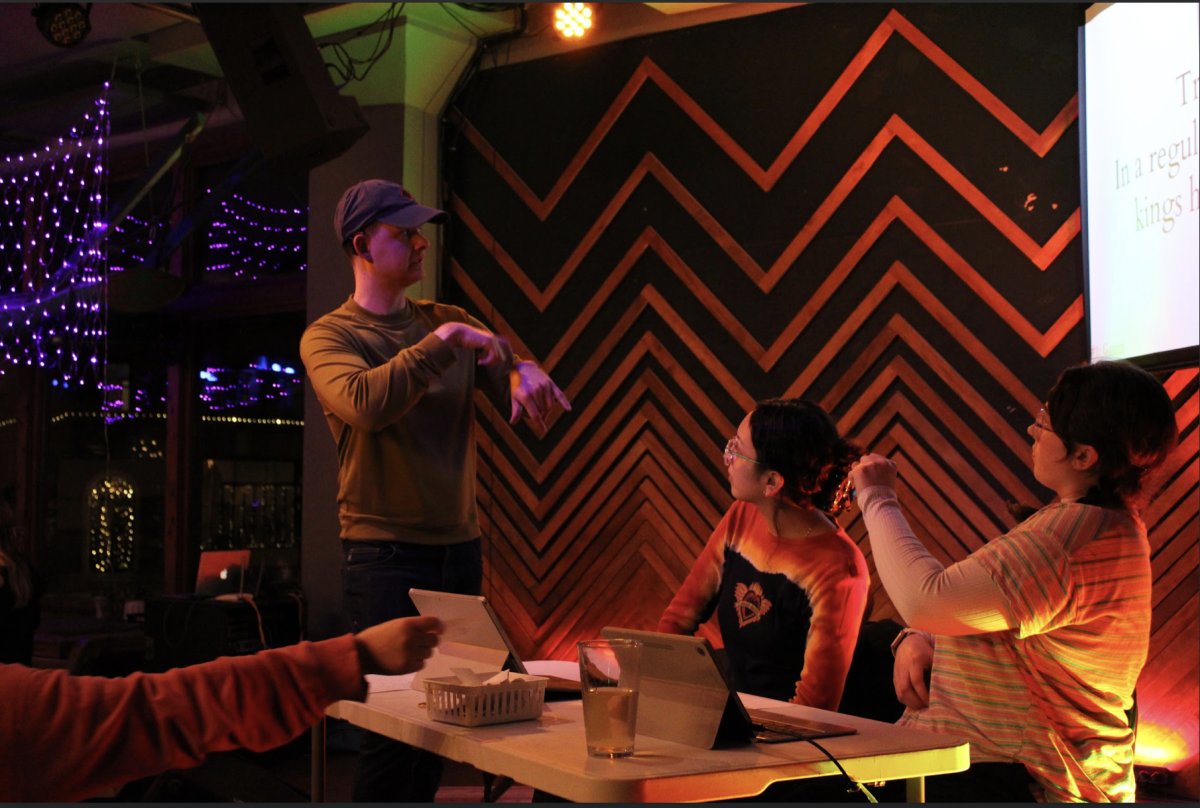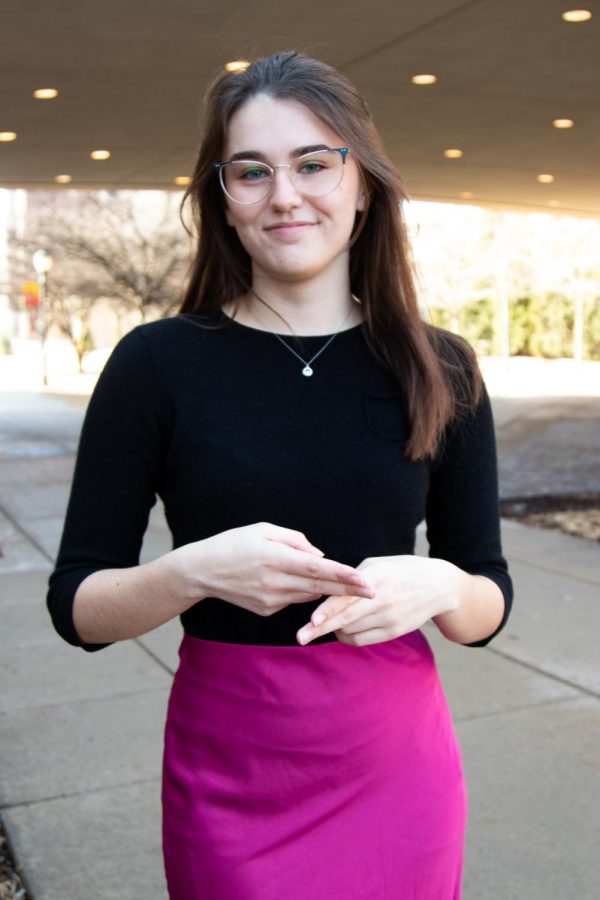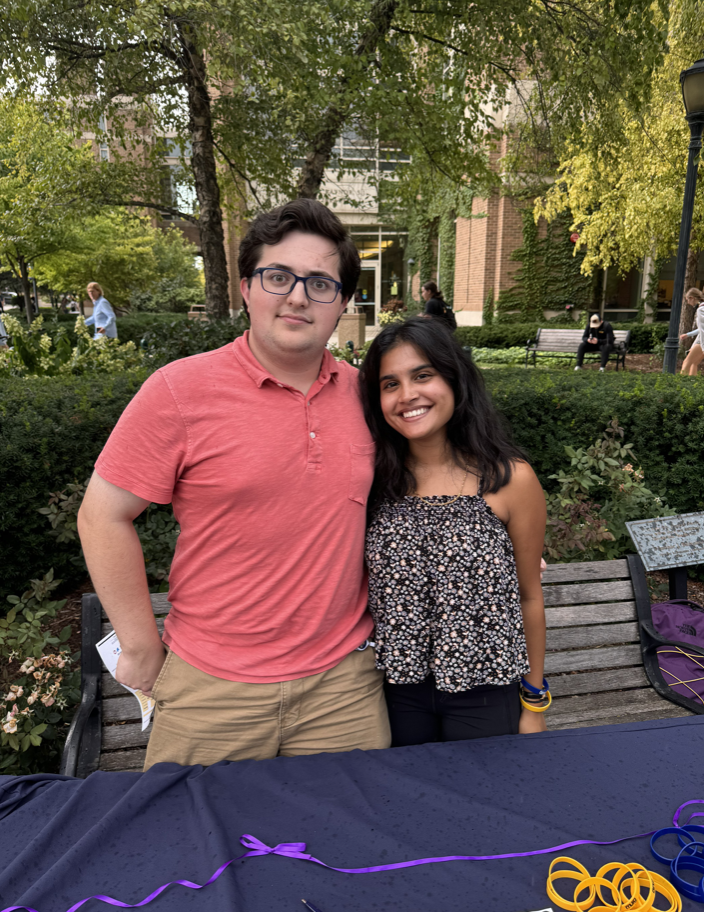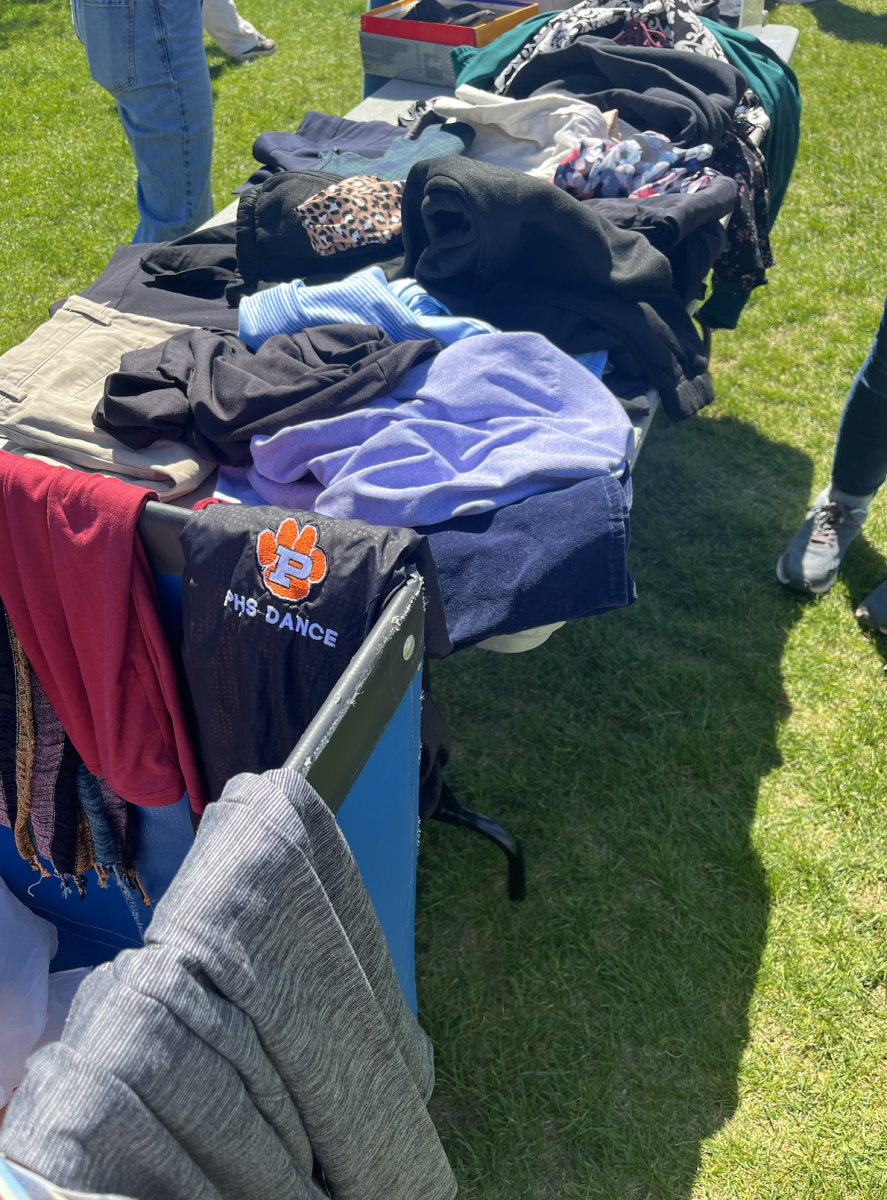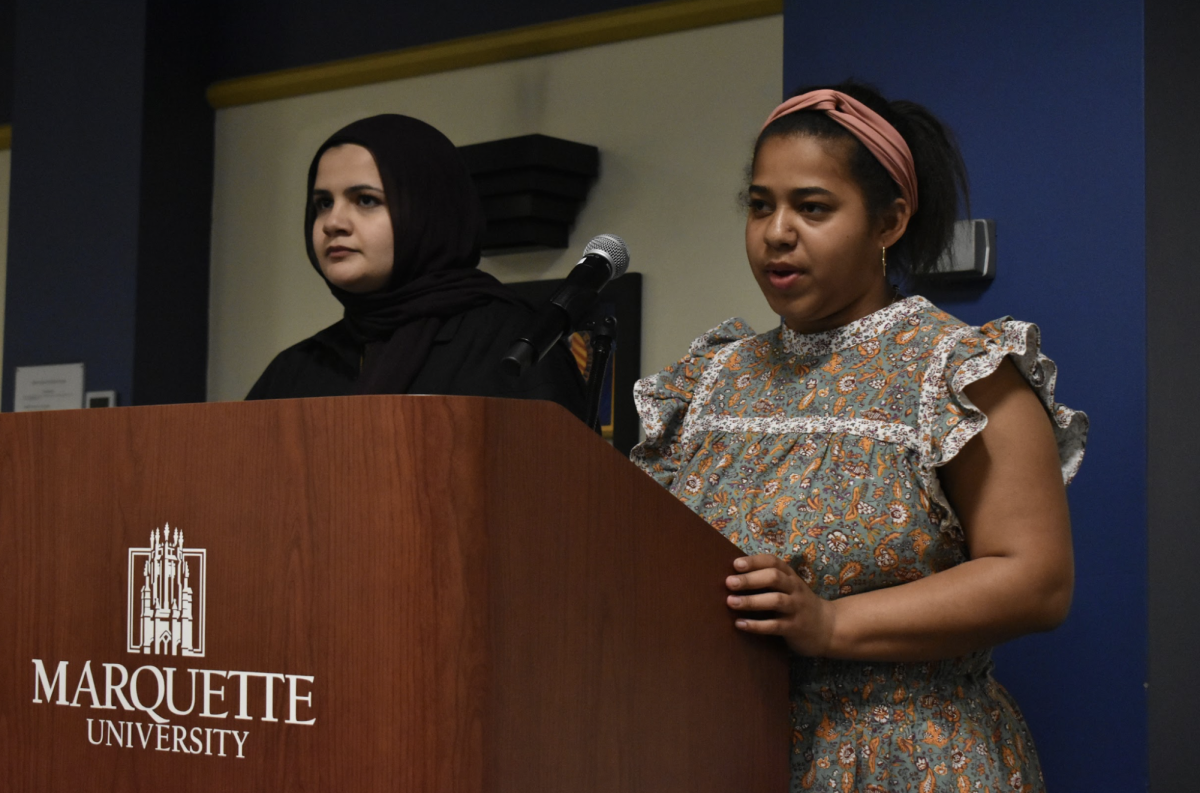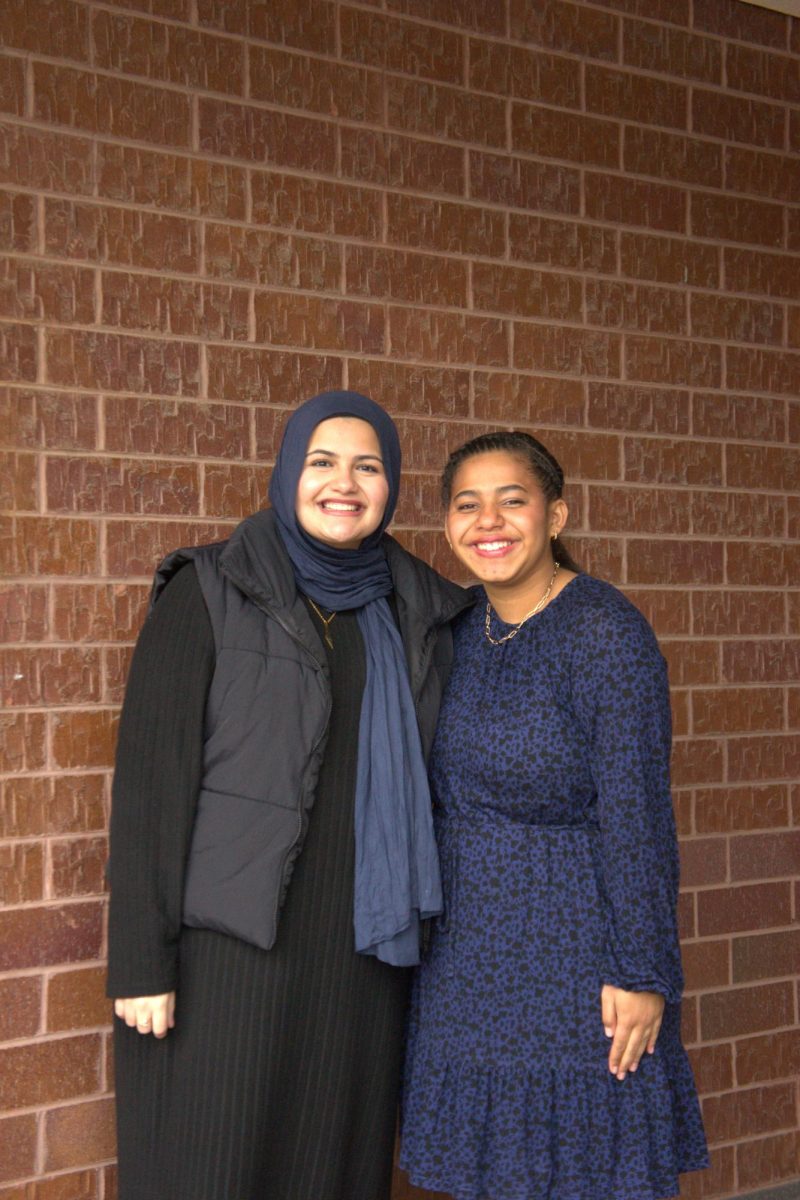Marquette University Student Government approved a bill that adds one section each of two classes on American Sign Language: ASLA 1001 and ASLA 1002, the introductory courses for ASL at Marquette. The ASL bill, after being approved unanimously by MUSG Congress Jan.25, still has to go through Marquette administration to be fully implemented.
Kaitlyn Rohan, a sophomore and senator for the College of Health Sciences, and Adam Orozco, a junior and senator in the College of Business Administration, as authors of the bill, are working with both administration and the Languages Department to develop a plan of action.
This bill comes nearly a full year after a petition to add an ASL minor to Marquette began circulating around campus. Rohan and Orozco said that the first step in a process like that is adding more classes, with current wait lists for the classes being as large as a regular section.
“We can’t jump straight to making a minor and there is only one professor right now,” Orozco said. “But hopefully we can encourage a greater commitment by the school to American Sign Language.”
All ASLA classes are currently taught by Dana Callan-Farley, a professor in the Languages, Literatures, and Cultures department. Rohan and Orozco said they worked with Callan-Farley to coordinate and develop this bill to be realistic.
“Adding a few classes allows us to gauge what more support for deaf studies looks like,” Rohan said. “If wait lists keep filling up, or if people are asking for more higher level ASL classes, then we can look to fulfill that, and then it may turn into a minor.”
Orozco and Rohan said that they compared Marquette to other Jesuit institutions and urban colleges to bring Marquette’s offering‘s in line. Many schools, such as Boston University, Georgetown, Xavier and Milwaukee’s own UW-Milwaukee, offer majors or minors for ASL studies in contrast to Marquette’s course offerings.
“Once we started to look at it and compare it to other schools, we realized how much Marquette was lacking,” Orozco said. “We compared [Marquette] to Xavier, who has eight courses and Holy Cross, who has 12 courses.”
Cornell’s Disabilities Database estimates that approximately 3.7% of the adults U.S. population, or roughly 12,430,000 people, have a form of hearing disability. Rohan and Orozco said that further expansion of Marquette’s ASL course offerings can aid students in approaching the world with an better understanding, or at least empathy, for those adults.
“It’s another language, and it’s another culture,” Orozco said. “It helps students develop an appreciation of that culture and an acceptance of that sort of diversity.”
Rohan echoed the importance of the diversity of views for Marquette students. Rohan said that the difference of cultures, views, and languages can help Marquette students “Be The Difference.”
“It can help so many students to go out and interact with the world in many different ways,” Rohan said. “Having opportunities and access to materials to learn about different cultures and people is something important. We want to help Marquette offer that.”
This story was written by Allan Fox. He can be reached all [email protected].

